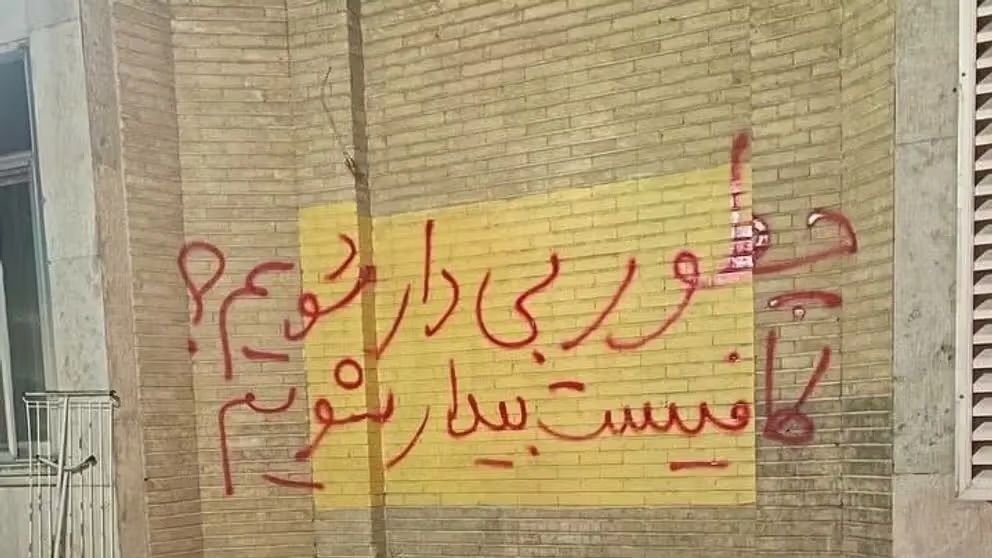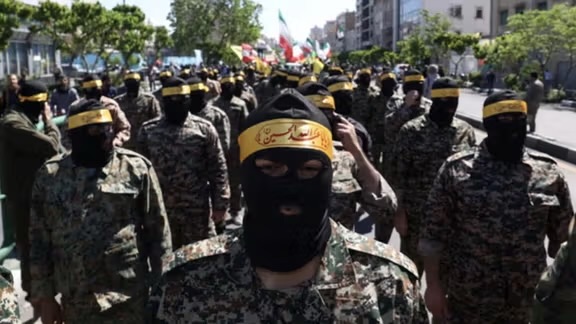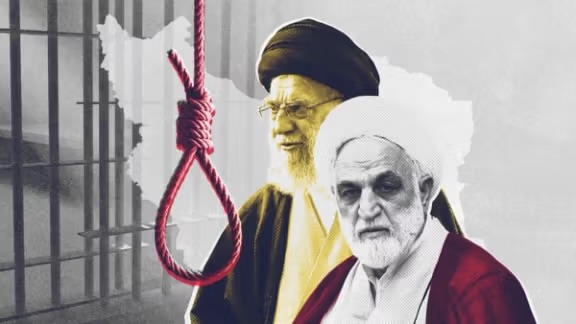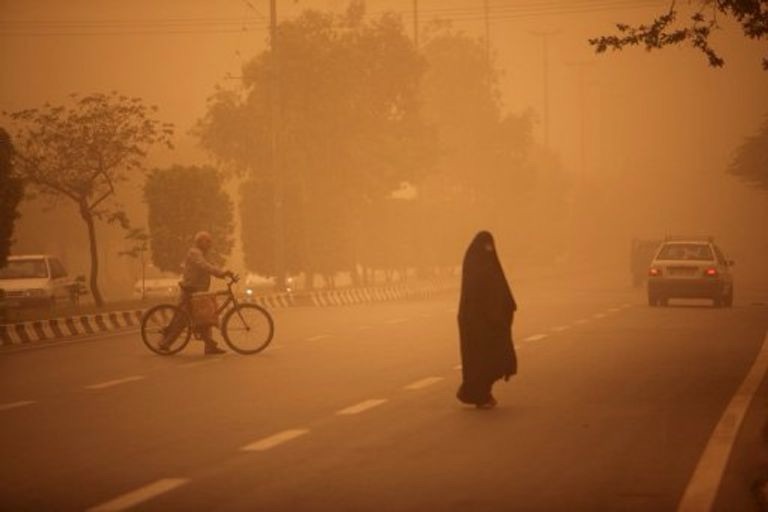
The “No to Execution Tuesday” campaign has entered its 62nd week, with prisoners participating in a hunger strike across 38 prisons in Iran. In a statement, the campaign members emphasized that executions did not stop during the Nowruz holidays and the holy month of Ramadan, warning that the number of executions is likely to increase after the holidays.
On Tuesday, April 1, prisoners involved in the “No to Execution Tuesday” campaign continued their hunger strike for the 62nd consecutive week in 38 prisons across Iran.
In their statement, the campaign members said:
“The Velayat-e Faqih government has not stopped its inhumane use of the death penalty, even during Nowruz and Ramadan. In recent days, several prisoners have fallen victim to the regime’s insatiable thirst for execution and repression.”
The statement specifically highlighted the case of Hamid Hosseinnejad Heidarnlou, a political prisoner whose death sentence was confirmed on March 24. The campaign members warned that his execution is highly imminent and called for urgent action to prevent it.
A March 29 report by the Kurdpa human rights organization confirmed that Branch 9 of the Supreme Court had upheld Hosseinnejad Heidarnlou’s death sentence. He had been tried in July 2024 by Branch 1 of the Revolutionary Court in Urmia, presided over by Judge Najafzadeh, and sentenced to death on charges of “rebellion through membership in the Kurdistan Workers’ Party (PKK).”
The campaign members also expressed concern over the possible execution of Werisheh Moradi, one of three female political prisoners on death row in Iran. They demanded the immediate revocation of her sentence, stating:
“This ruling is not a judicial decision but a state-orchestrated execution. We are deeply concerned about the confirmation of her sentence and those of other prisoners. We will continue to resist these executions.”
The statement also mentioned the weekly gatherings of families of death row prisoners in front of prisons such as Evin, Lakan in Rasht, Saqqez, and Sanqor in Kermanshah. The campaign urged people from all sectors of society to stand in solidarity with these families, organize public protests, and demand an end to the death penalty in Iran.
On March 25, marking the 61st week of the campaign, a group of families of political prisoners on death row gathered in front of Evin Prison. Similar protests had also taken place in February and March in Tehran and other cities across Iran.
The hunger strike by prisoners in the “No to Execution Tuesday” campaign began on January 29, 2024, following a surge in executions in Iran. The strike was initiated by political prisoners in Ghezel Hesar Prison in Karaj, demanding an end to the issuance and implementation of death sentences. In the following weeks, other prisons joined the campaign, and now, in its 62nd week, prisoners in 38 different prisons across Iran are on hunger strike.
Among the prisons participating in the campaign are: Sheyban (Ahwaz), Arak, Ardabil, Urmia, Asadabad (Isfahan), Evin, Baneh, Borazjan, Bam, Tabriz, Greater Tehran, Jowin, Jopin Dar (Qazvin), Hoveyzeh (Talesh), Khorramabad, Khorin (Varamin), Khoy, Dastgerd (Isfahan), Dizelabad (Kermanshah), Ramhormoz, Rasht, Roodsar, Sepidar (Ahwaz), Saqqez, Salmas, Tabas, Adelabad (Shiraz), Qaemshahr, Ghezel Hesar (Karaj), Kamyaran, Kahnouj, Gonbad-e-Kavus, Central Karaj, Marivan, Mashhad, Miandoab, Shiraz Military Prison, and Naqadeh.
Executions in Ahwaz Target Activists
It is important to note that a significant number of executions in Iran occur in Ahwaz, particularly targeting political activists from the Arab Ahwazi minority. Ahwazi activists frequently face arbitrary arrests, torture, and unfair trials before being sentenced to death on vague or fabricated charges such as “acting against national security” or “enmity against God (moharebeh).”
Human rights organizations have repeatedly condemned Iran’s use of the death penalty as a tool of political repression, especially against ethnic minorities such as Ahwazis, Kurds, and Baluchis. The “No to Execution Tuesday” campaign continues to highlight these injustices and calls for international pressure to stop executions in Iran.



